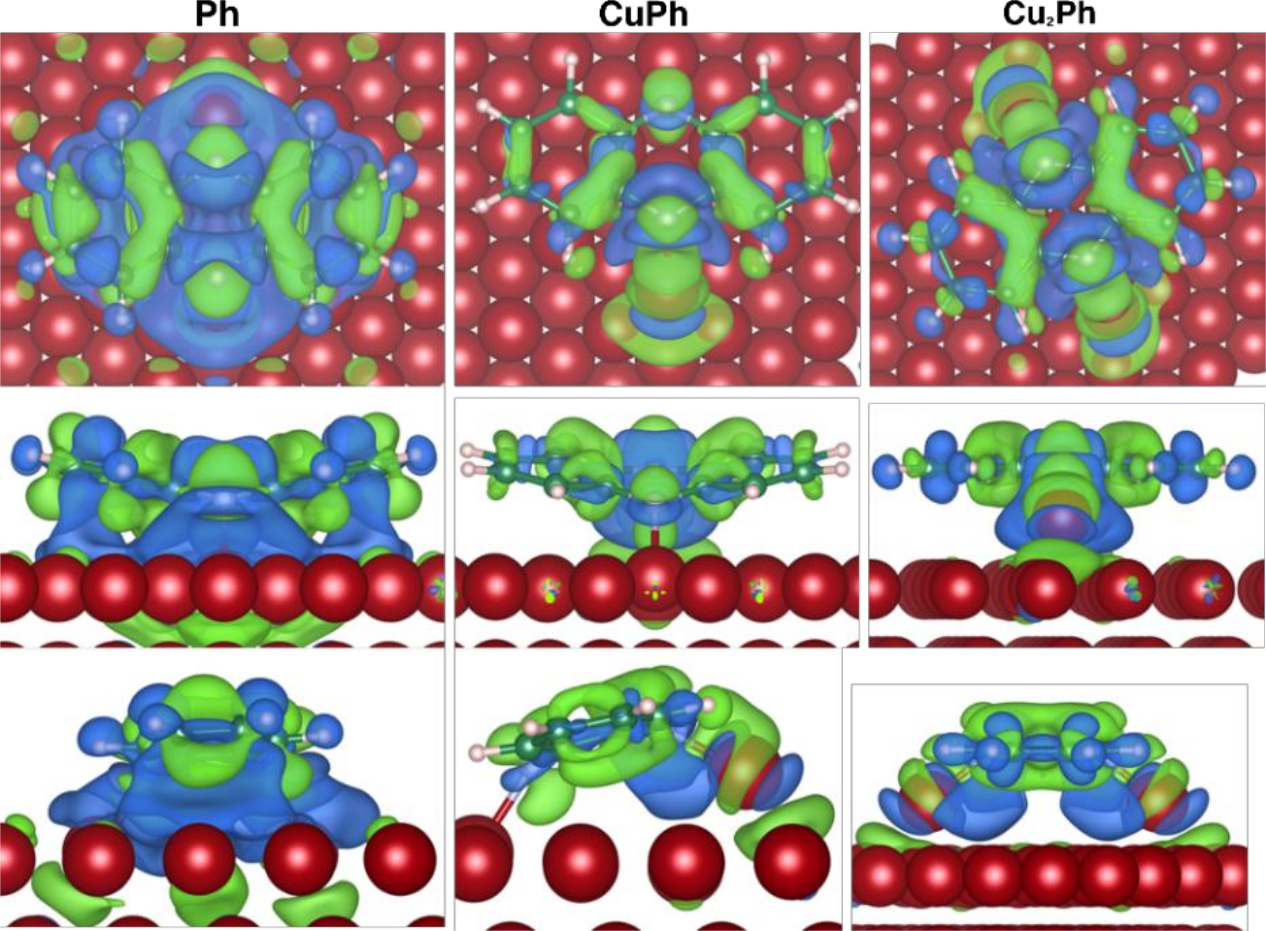PHYS-E0546 - Density-Functional Theory D, Lecture, 5.9.2022-1.12.2022
This course space end date is set to 01.12.2022 Search Courses: PHYS-E0546
Topic outline
-
Density-functional theory for practitioners 2022:

Course Description:
Basic Density-functional theory (DFT) for practitioners course - will combine a theory to understand key parts of quantum world of electrons in materials, together with deep hands-on tutorial sessions. As electron are responsible for glueing atoms together, their understanding thus mean understanding of matter in all forms - from single atoms, through molecules to crystals. DFT concerns theoretical concepts of electron description together with way for its practical implementations for computational predicting materials properties. DFT has been widely used in science and industry from drug discovery through properties of semiconductors to new solarcells or production of green fuels. In the hands-on session you will get to know, how to model a matter on the atomistic level without need for parametrization, predicting some of its properties and simulate some common material science experiments.
Course level
The course is for students who have completed their Bachelor's degree.
Course prerequisites
No official prerequistes. The basic knowledge of quantum (physic) theory is helpful (but not necessary).
Credits
5 ECR are awarded for the course.
Course structure and workload
Period 1 (5.9.-14.10.)
- 2 h lectures (Mondays 10:15 - 12:00; Otakaari 1B - U264 )
- 4h practical hands-on computer labs (Thursdays 8:15 - 12:00; Sähkömiehentie 3 - Maari B)
Period 2 (24.10.-1.12.)
- Project work
- 3 contact sessions - project checkpoints (some Thursdays 8:15 - 12:00; Sähkömiehentie 3 - Maari B)
Conditions for completion
- Attending the 5/6 hands-on labs (substitutional assignment in case of additional absence )
- Attending 2/3 contactproject checkpoints + sending 3 presentations about the project and progress
- Project proposal send at least on 24.10.
- Project report send at latest on 5.12.
Contents- Basic principles of computational materials modelling and density-functional theory
- How to use DFT in computational materials modelling
- Basic familiarity with the DFT software package FHI-aims
- The exchange-correlation functional
- Equilibrium structures of materials (e.g., molecules, solids, surfaces)
- Elastic properties of materials
- Thermodynamics (e.g., free energy, phase diagrams)
- Vibrations, phonons and vibrational spectroscopy
- Band structures and photo-electron spectroscopy
- Dielectric function and optical spectra
- Strengths and limitations of DFT
Learning outcomes
After completion of the course you
- have developed an understanding of DFT-based materials modelling.
- are familiar with the FHI-aims DFT software package.
- can solve simple physics, chemistry and material science problems with DFT.
- can follow a presentation (e.g. conference or seminar) on DFT results.
- can plan, execute, document and present a small research project.
- can give peer feedback.
- 2 h lectures (Mondays 10:15 - 12:00; Otakaari 1B - U264 )
